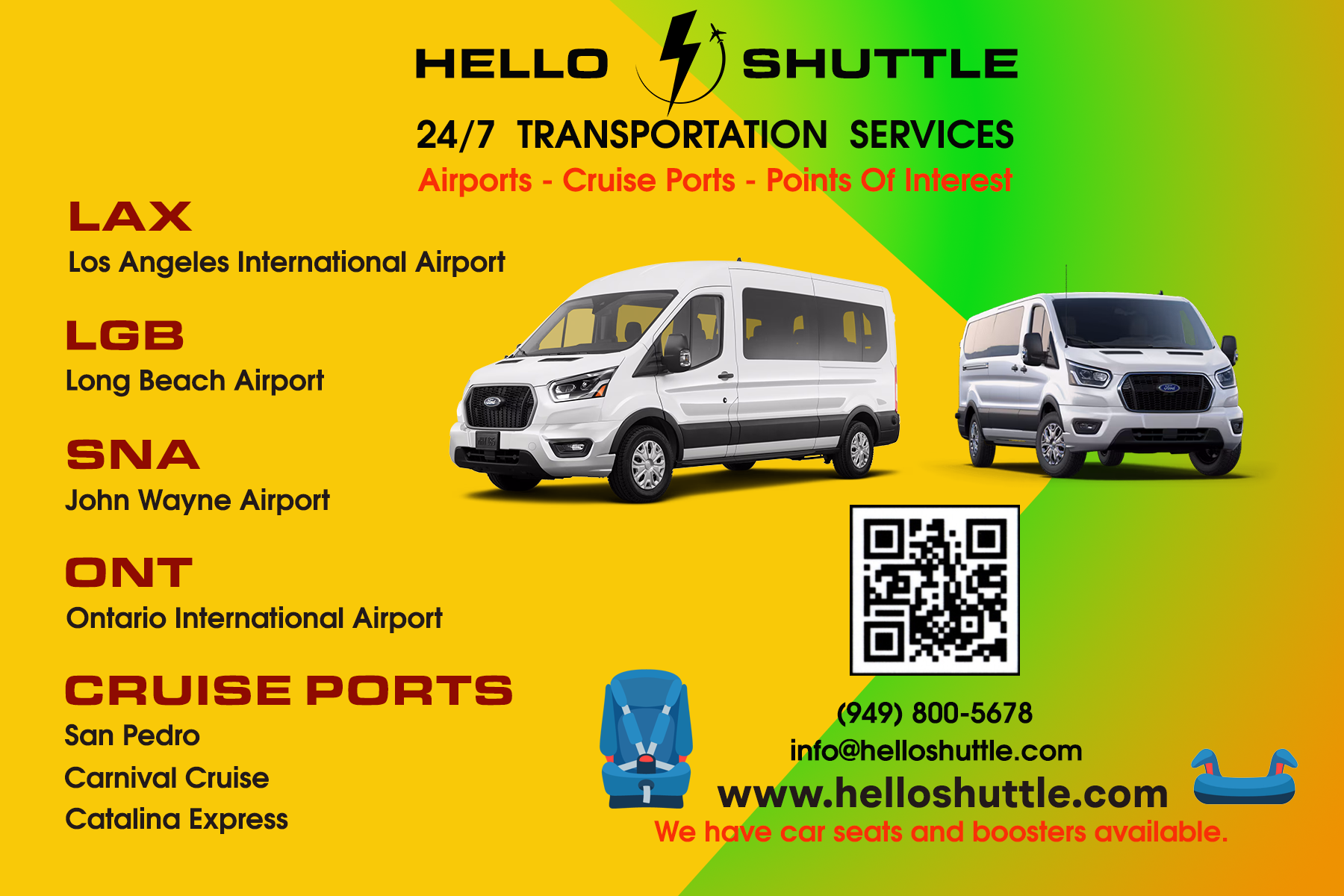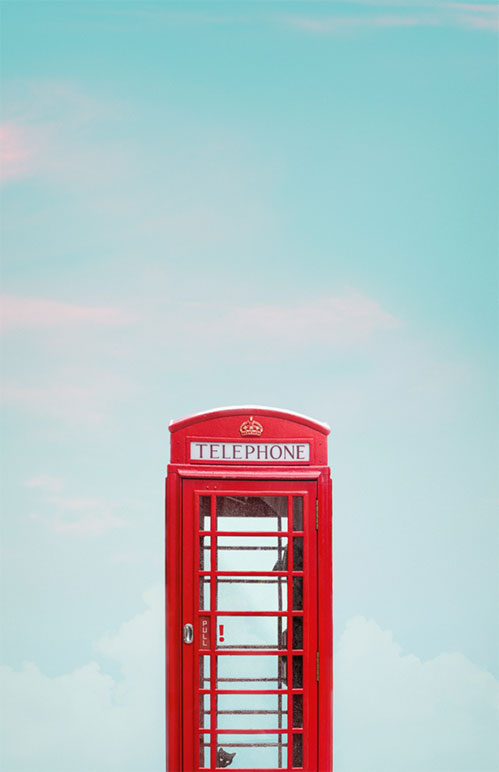
Disputes over handling Donald Trump’s tariff threats and his provocative remarks have left Canadian politics deeply divided, with Prime Minister Justin Trudeau facing mounting calls to resign.
U.S. President-elect Donald Trump threatened in late November to impose a 25% tariff on Canada upon taking office unless the country tightens controls on drug trafficking and illegal migration across the U.S. border. Trump also repeatedly joked that Prime Minister Justin Trudeau was “America’s 51st governor.”
These actions have created significant divisions in Canada’s political landscape. Deputy Prime Minister and Finance Minister Chrystia Freeland resigned on December 16, citing disagreements with Trudeau on how to respond to Trump. The turmoil escalated as opposition Conservatives, and even some members of Trudeau’s ruling Liberal Party, called for his resignation.
Trudeau’s position weakened further when the New Democratic Party (NDP) announced on December 20 that it would no longer support the Prime Minister. Without the NDP's backing, Trudeau is unlikely to survive a no-confidence vote in Parliament early in 2025.
Observers believe Trump is both teasing and pursuing a serious agenda on tariffs and border control. For many Canadians, this moment is seen as critical.
“Trump seems to predict a change in Canada’s government in 2025, so he’s having fun,” said Gerald Butts, vice chairman of the Eurasia Group. “But his amusement is creating chaos in Canada.”
After nearly a decade in power, Trudeau’s approval ratings dropped to 33% in a September poll, with Pierre Poilievre’s Conservative Party leading the Liberals by over 20 points. Trudeau faces steep odds in the federal election, scheduled no later than October 2025.
Trump’s November 25 threat of a 25% tariff on Canadian goods added urgency to the political crisis. The U.S. and Canada are each other’s largest trading partners, with about 80% of Canadian exports going to the U.S. A tariff of this magnitude would devastate Canada’s economy.
Canada’s political factions are deeply polarized over how to respond to Trump’s threats. Trudeau quickly initiated a call and later traveled to Florida to meet Trump.
During Trump’s first term, the Trudeau administration believed it could safeguard Canada’s interests by negotiating “as allies, not adversaries,” said Christine de Clercy, a political science professor at Trent University in Ontario. Despite the changing dynamics, Trudeau seems to favor this approach.
This approach, however, revealed a growing rift between Trudeau and Freeland. The Deputy Prime Minister was not part of the delegation to Florida, despite her role leading the Trump response team. Freeland has been critical of Trump’s protectionist policies and has been a target of Trump’s rhetoric.
Freeland accused Trudeau of prioritizing “costly political stunts” over substantive border security measures to appease Trump. Ontario Premier Doug Ford urged Canada’s other provincial leaders to step in and negotiate with the U.S. He proposed a bilateral trade agreement with Washington and suggested retaliatory measures, including cutting electricity supplies to 1.5 million households in states like New York and Wisconsin.
Freeland’s sudden resignation has exacerbated Canada’s political instability.
“Trudeau is increasingly isolated; key figures around him are leaving,” said Chris Sands, director of the Canada Institute at the Wilson Center in Washington. He added that Trump’s election has sown divisions within U.S. allies like Canada.
“Do you resist Trump’s threats or choose diplomacy to avoid conflict?” Sands asked.
“Trump is unpredictable, and the right move now is to establish a strategy to protect Canada’s economy from his threats,” said Jean-Rodrigue Pare, a political science professor at the University of Ottawa.
On December 17, Canada announced a $900 million border security plan over six years to address Trump’s concerns. However, following Freeland’s departure, Trudeau faces growing calls for his resignation from lawmakers. Conservative leader Pierre Poilievre has called for an immediate election, but current rules and timing favor Trudeau.
The Liberal Party lacks mechanisms to force Trudeau out, and Parliament is on winter break until January 27. This means the earliest a no-confidence vote could occur is late February or March 2025, as the opposition would need time to draft a motion.
If more cabinet ministers resign, Trudeau may be compelled to call a leadership election within the Liberal Party, potentially paving the way for a new prime minister.
Regardless of Trudeau’s political future, Trump’s tariff threats are unlikely to disappear. Canada and other nations must prepare for potential economic upheaval under Trump’s administration.
“Trump is now a constant,” Pare said. “This will happen, regardless of who’s in power in Canada.”
(Sources: BBC, Guardian, CNN)
Hello Shuttle will strive to bring the latest updates. At the end of the day.
Are you looking for reliable airport and cruise port transfer services in Los Angeles?
We offer professional, safe, and punctual transportation from
Los Angeles Airport - LAX
Long Beach Airport - LGB
John Wayne Airport - SNA
San Pedro cruise port
Long Beach cruise port
Disneyland
and other destinations.
Let us make your journey stress-free and comfortable with our dedicated drivers and high-quality vehicles. Book now for the perfect travel experience at www.helloshuttle.com or call 944-800-5678!


